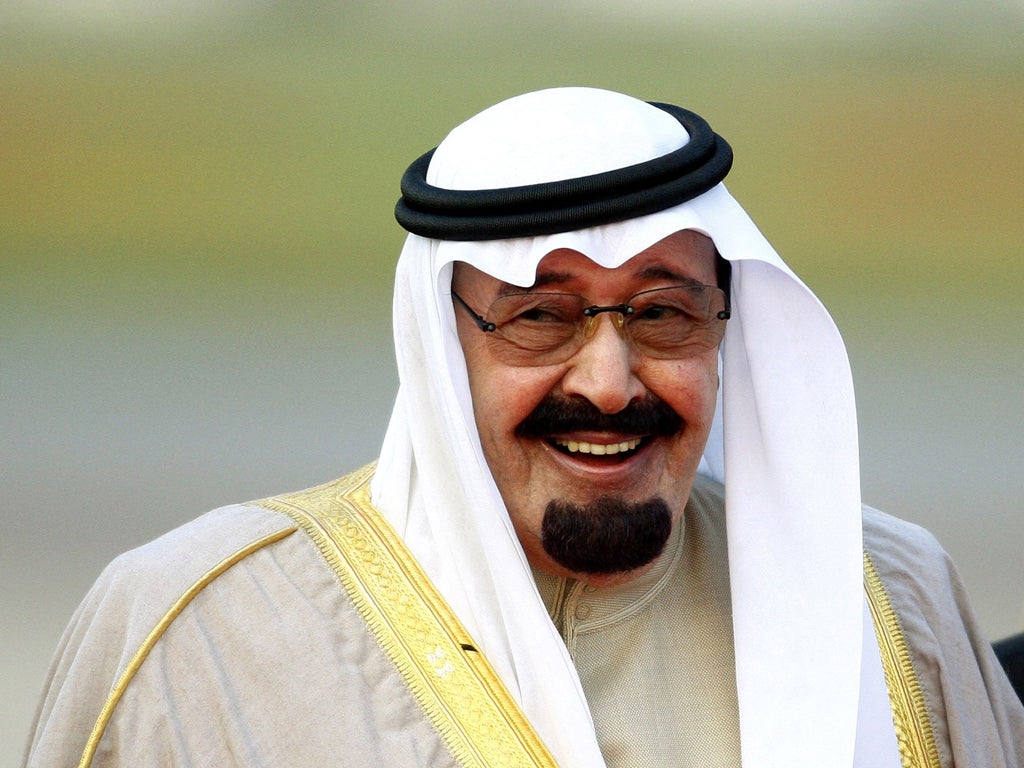Saudi boy spared execution for shooting dead elderly relative after mistaking her for monkey
Family members told judges they believe the killing was an accident

Your support helps us to tell the story
From reproductive rights to climate change to Big Tech, The Independent is on the ground when the story is developing. Whether it's investigating the financials of Elon Musk's pro-Trump PAC or producing our latest documentary, 'The A Word', which shines a light on the American women fighting for reproductive rights, we know how important it is to parse out the facts from the messaging.
At such a critical moment in US history, we need reporters on the ground. Your donation allows us to keep sending journalists to speak to both sides of the story.
The Independent is trusted by Americans across the entire political spectrum. And unlike many other quality news outlets, we choose not to lock Americans out of our reporting and analysis with paywalls. We believe quality journalism should be available to everyone, paid for by those who can afford it.
Your support makes all the difference.A young Saudi Arabian boy has been spared execution for shooting dead an elderly relative after mistaking her for a monkey.
Family members attended a court in the city of Taif on Saturday, telling judges that they planned to pardon the boy and drop the case after coming to the conclusion that the killing had been an accident.
Local newspapers reported that, as a result of the pardon, the boy was sent to prison instead of being publicly executed by hanging. Residents of his village said they would now be campaigning for the boy to be released altogether.
Sabq daily newspaper reported that the boy killed his relative, who was in her 60s, while she was collecting leaves from a tree to feed to her sheep.
It is believed that he shot her from a distance after mistaking her for a monkey trying to damage one of the neighbourhood’s trees.
Saudi Arabia has a criminal justice system based on Sharia law, with more than 20 crimes punishable by death. Many executions – methods of which include beheadings, stoning, crucifixion and hanging – take place in public.
Despite the typically harsh punishments, victims of crime can opt to pardon the perpetrators by appealing to the Pardon Committee. According to Monitor.net, a pardon usually means a significantly reduced sentence – with the typical punishment for a pardoned murder just three years in jail.
Saudi victims of crime often choose to opt for a pardon as, in this deeply conservative Islamic country, the act of forgiveness is held in high regard – with benefactors hoping to be rewarded for their mercy in the afterlife.
Others choose to exonerate by opting to request dya - a form of financial compensation - from the criminal.
Saudi Arabia's King Abdullah has also stepped in to pardon criminals from time-to-time, including during the 2007 case of a gang rape victim sentenced to prison and 200 lashes for having been alone with a man who was also brutally raped during the attack. The seven men convicted of violence were sentenced to between seven and nine years in prison.
Join our commenting forum
Join thought-provoking conversations, follow other Independent readers and see their replies
Comments